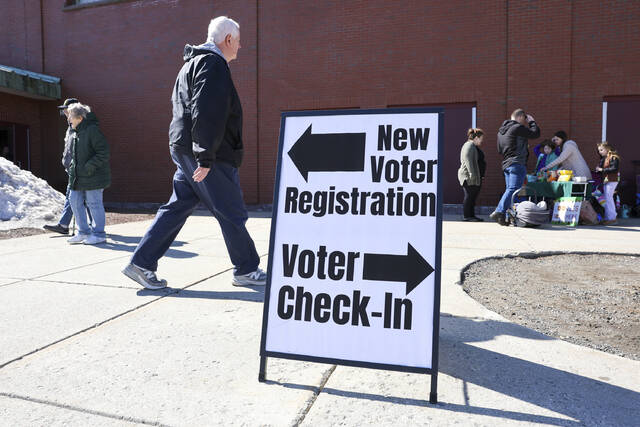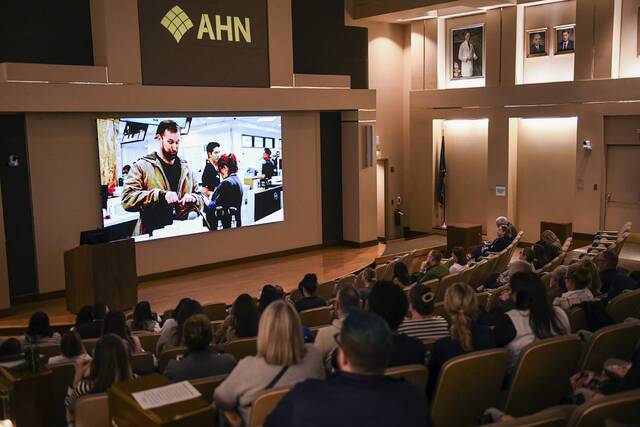Do we really need to keep explaining ethics to government officials?
Looks like it. OK, one more time.
Ethics are the moral principles governing what we do. They apply in a variety of arenas. There are business ethics, medical ethics, educational ethics, legal ethics.
What we’re talking about here is governmental ethics. Those are about how elected or appointed officials or employees do their jobs within the bounds of professionalism and responsibility. It’s about the policies established and how they are followed — or not.
Paying a former employee thousands of dollars as a contractor on a purchasing card? Questionable.
Pittsburgh Mayor Ed Gainey’s spokesperson Maria Montano said the state ethics act was not violated. This isn’t that surprising, as the state ethics act has glaring holes in what is and isn’t a problem.
There are city policies against it, and Montano agreed there was a technical violation in paying $18,460 to Mario Ashkar, 36, of the North Side, who worked for six months in 2022 as a special events coordinator. Since then, Ashkar has been listed as a contractor for farmers market events. New information revealed that the total is actually almost $23,000.
There are other issues besides how Ashkar is paid.
Ashkar was charged in an ethnic intimidation incident in April.
But the ethics issue isn’t really about Ashkar. It’s about the process. The city’s credit cards aren’t for bypassing professional services. They are for things like buying lunch, picking something up at a store or registering for a subscription. There is no reason to pay anyone the way Ashkar was paid.
Controller Rachael Heisler laid the problem bare after a tip following Ashkar’s arrest, and that has proved important. City council did not approve a $1,200 payment to Ashkar on Wednesday.
“Pittsburgh taxpayers trust us to make sure that money is spent properly,” said Councilperson Bob Charland, D-South Side.
Yes, they do, and closer eyes on these expenses is critical. But that does not absolve Gainey’s office of responsibility for the ethics problem.
Montano said in Tuesday’s news conference that payments to Ashkar were “an isolated incident.” By definition, an isolated incident is singular or rare. Payments to Ashkar have come up over the last 10 months. That is neither isolated nor a single incident.
No, it may not be a state ethics law violation, but it is still a problem with how business is being conducted ethically in City Hall. Gainey must address that.








